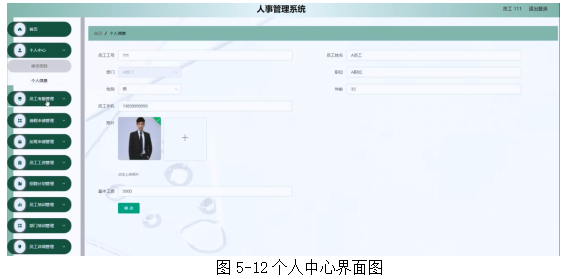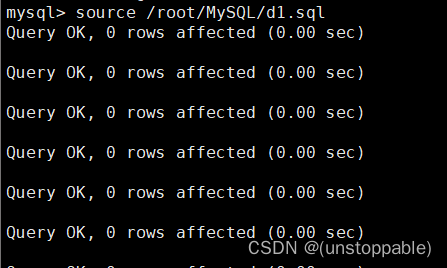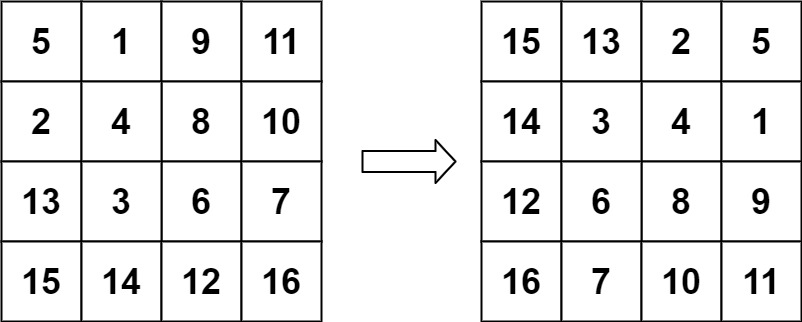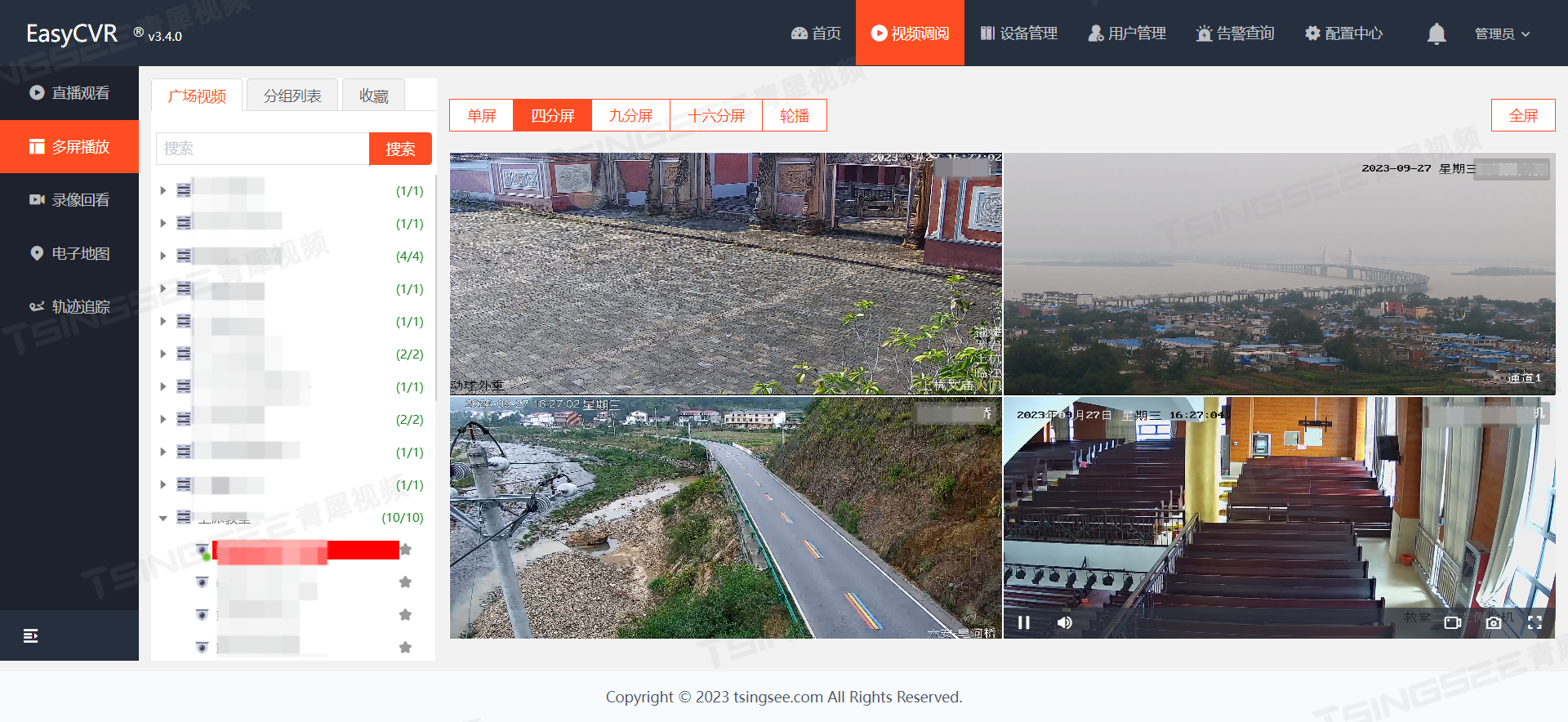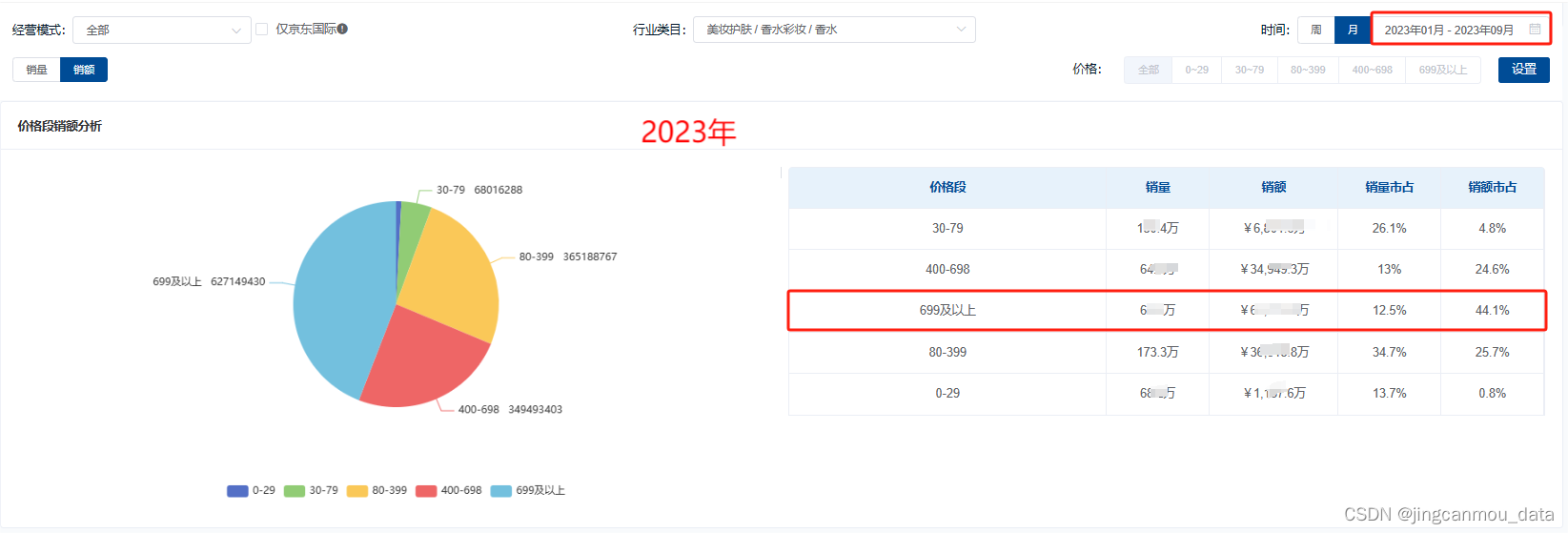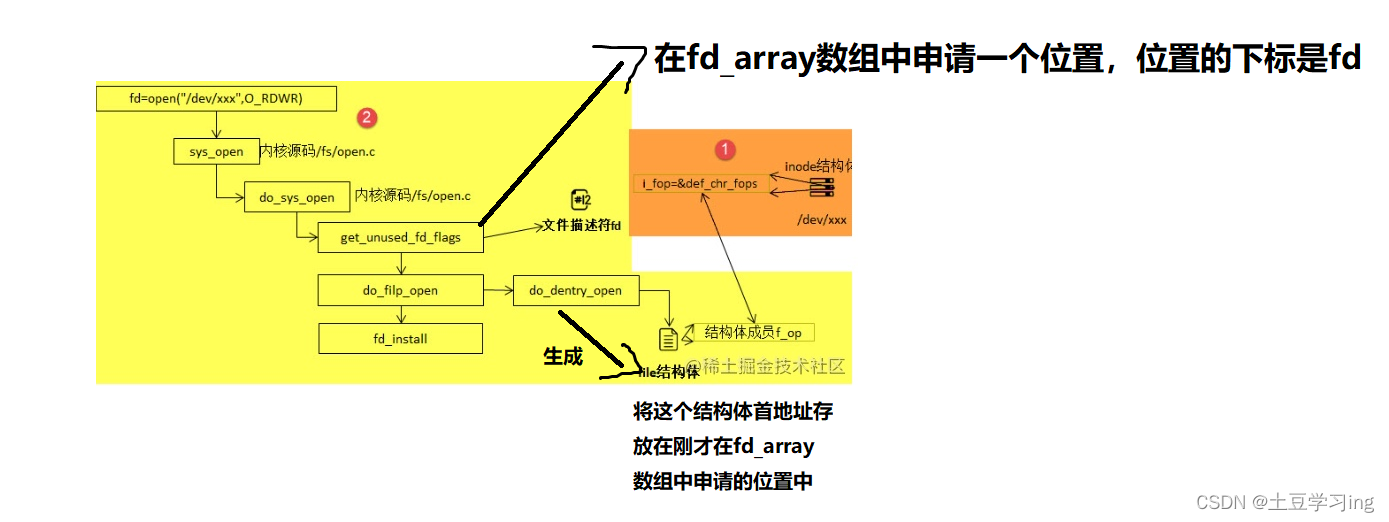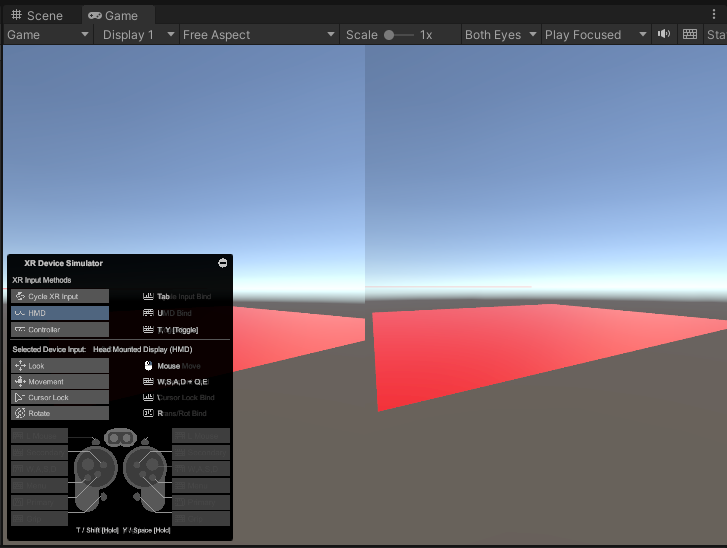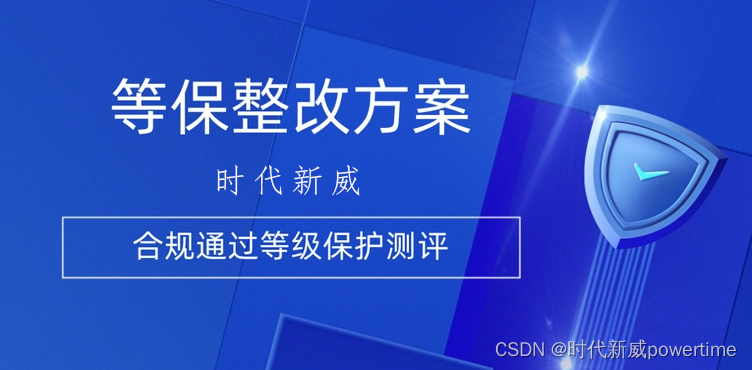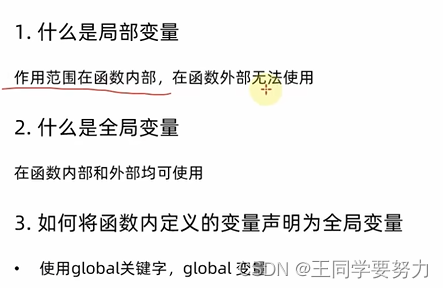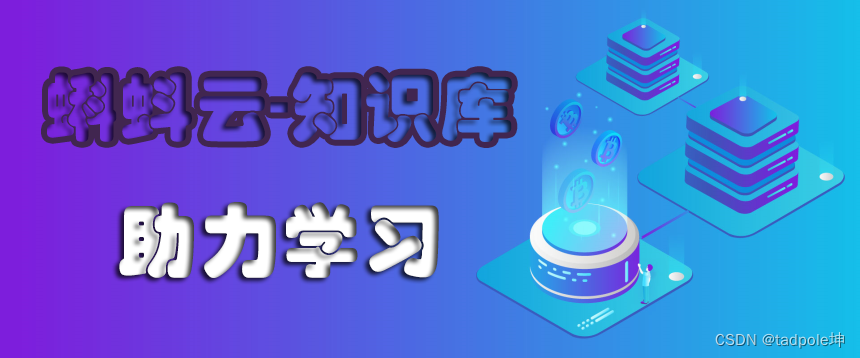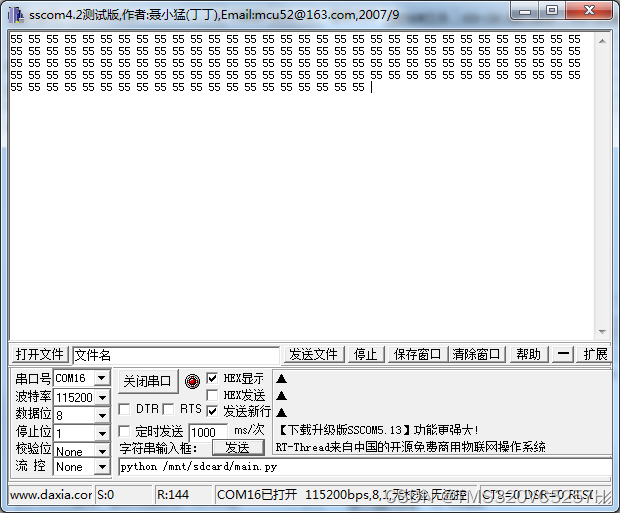简介: CSDN博客专家,专注Android/Linux系统,分享多mic语音方案、音视频、编解码等技术,与大家一起成长!
优质专栏:Audio工程师进阶系列【原创干货持续更新中……】🚀
人生格言: 人生从来没有捷径,只有行动才是治疗恐惧和懒惰的唯一良药.

1.前言
本篇目的:理解C++之lambda匿名函数用法总结。
2.C++11之lambda匿名函数实例总结
-
Lambda函数是C++11引入的一种匿名函数的方式,它可以在需要函数对象的地方快速定义一个临时的函数。Lambda函数的语法相对简洁,可以方便地捕获局部变量,并且可以作为参数传递给其他函数。
-
Lambda函数的基本语法如下:
[capture](parameters) -> return_type {
// 函数体
}
- 其中,
capture是指捕获的变量列表,可以是空的、值传递方式或引用传递方式。parameters是形参列表,可以为空或包含一个或多个形参。return_type是返回类型,可以省略(根据函数体自动推断)或明确指定。函数体是具体的函数实现。
以下是Lambda函数的一些常见用法和特性:
-
捕获变量:Lambda函数可以通过捕获变量来访问其作用域外的变量。捕获方式包括值捕获(通过值传递方式访问变量)和引用捕获(通过引用传递方式访问变量)。
-
自动类型推断:Lambda函数可以根据函数体自动推断返回类型,也可以显式指定返回类型。
-
函数重载:Lambda函数可以像普通函数一样进行重载,可以有多个具有相同函数体的Lambda函数,只需在参数列表中有所区别即可。
-
内联调用:Lambda函数通常是在定义的地方即被调用,也可以将Lambda函数作为参数传递给其他函数进行调用。
-
使用标准算法库:Lambda函数经常与标准算法库中的函数(如sort、find_if、transform等)配合使用,提供灵活的函数对象。
3.C++11之lambda匿名函数实例
1. 捕获变量、按照特定规则排序
#include <iostream>
#include <vector>
#include <algorithm>
int main() {
int a = 5;
int b = 3;
std::vector<int> nums = {2, 5, 1, 7, 3};
// 捕获变量 a 和引用捕获变量 b,并按照特定规则排序
std::sort(nums.begin(), nums.end(), [a, &b](int x, int y) {
return a * x < b * y;
});
// 输出排序后的结果
for (int num : nums) {
std::cout << num << " ";
}
return 0;
}
2.自动类型推断并显式指定返回类型
#include <iostream>
int main() {
// 自动类型推断的 Lambda 函数
auto lambda1 = [](auto x, auto y) {
return x + y;
};
// 显式指定返回类型的 Lambda 函数
auto lambda2 = [](int x) -> int {
return x * x;
};
// 使用 Lambda 函数进行计算并输出结果
std::cout << "自动类型推断的结果:" << lambda1(3, 4) << std::endl;
std::cout << "显式指定返回类型的结果:" << lambda2(5) << std::endl;
return 0;
}
3. 函数重载并内联调用
#include <iostream>
// Lambda 函数重载
auto lambda1 = [](int x) -> int {
return x * x;
};
auto lambda2 = [](double x) -> double {
return x * x;
};
// 具体函数内联调用 Lambda 函数
inline void printSquare(int x, auto squareFunc) {
std::cout << "调用的结果为:" << squareFunc(x) << std::endl;
}
int main() {
int num1 = 5;
double num2 = 2.5;
printSquare(num1, lambda1); // 调用 lambda1 计算 num1 的平方
printSquare(num2, lambda2); // 调用 lambda2 计算 num2 的平方
return 0;
}
4.匿名函数内联调用
#include <iostream>
int main() {
int num1 = 5;
int num2 = 2;
// 使用Lambda函数计算平方并输出结果
auto printSquare = [&]() {
int square1 = num1 * num1; // 计算num1的平方
int square2 = num2 * num2; // 计算num2的平方
std::cout << "num1的平方:" << square1 << std::endl;
std::cout << "num2的平方:" << square2 << std::endl;
};
// 调用Lambda函数
printSquare();
return 0;
}
5.lambda 函数作为参数调用schedule 函数
#include <iostream>
#include <functional>
//schedule的参数没有返回值和参数
void schedule(const std::function<void()>& func) {
func();
int main() {
int x = 10;
Scheduler scheduler;
// 使用 lambda 函数作为参数调用 schedule 函数
schedule([=] {
std::cout << "The value of x is: " << x << std::endl;
});
return 0;
}
6.类中的lambda函数作为参数调用schedule 函数
#include <iostream>
#include <functional>
class Scheduler {
public:
//schedule的参数没有返回值和参数
void schedule(const std::function<void()>& func) {
func();
}
};
int main() {
int x = 10;
Scheduler scheduler;
// 使用lambda成员函数作为参数调用schedule函数
scheduler.schedule([=] {
schedule([=] {
std::cout << "The value of x is: " << x << std::endl;
});
return 0;
}
7.lambda函数作为参数调用schedule函数,并将返回值放在匿名回调函数中返回。
void schedule(const std::function<void(int x)>& func) {
int ret = 100;
func(100);
}
int main() {
int x = 10;
//
schedule([&](int y) {
std::cout << "The value of x is: " << x << std::endl;
std::cout << "The value of y is: " << y << std::endl;
});
return 0;
}
